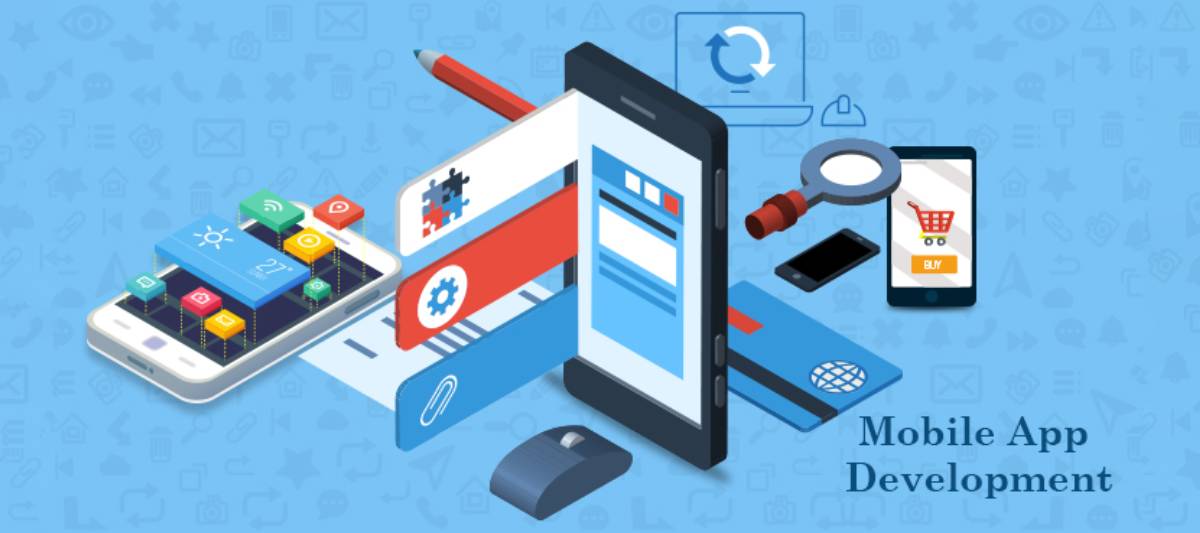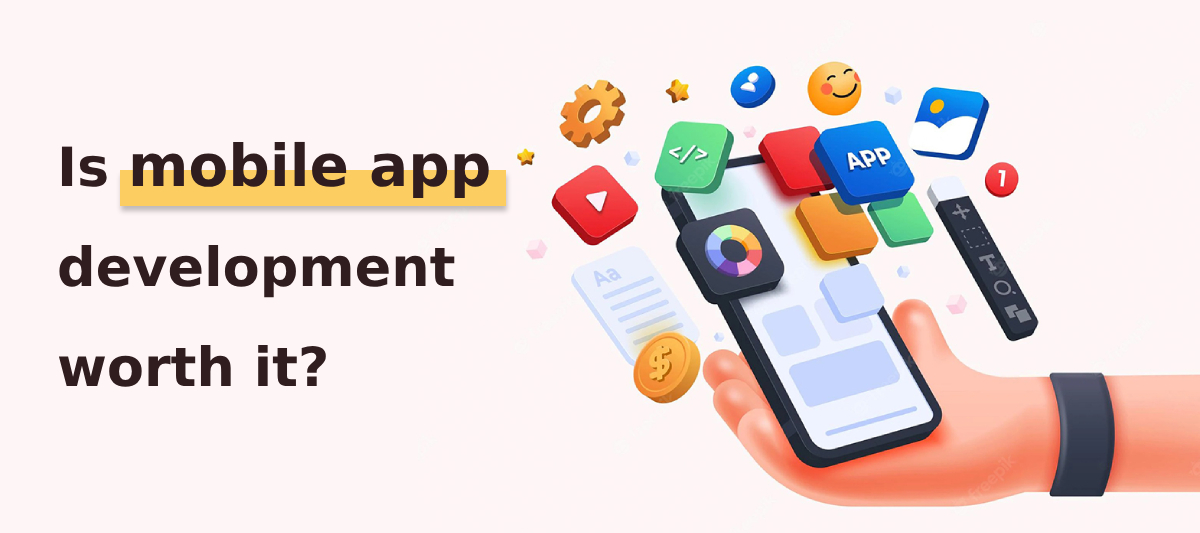
What is Needed to Develop a Mobile App?
Depending on the platform (iOS, Android, or cross-platform) and the particular requirements of the app, the development of a mobile application consists a number of procedures, tools, and technologies.
Here is a list of some items will be require in general when developing new mobile apps.
1. Idea and Planning
- Identify the purpose and objective of the mobile app.
- Target audience of the mobile app
- Research competition
- Sketch app wireframes for the mobile app
2. Design Tools for Mobile App Development
- Sketch
- Adobe XD
- Figma
- InVision
3. Mobile App Development Platforms and Tools
- Native App Development
- iOS: Xcode, Swift or Objective-C
- Android: Android Studio, Java or Kotlin
- Cross-platform App Development: (These tools allow you to write code once and deploy on both iOS and Android)
- Flutter (Dart language)
- React Native (JavaScript)
- Xamarin (C#)
- Ionic (HTML, CSS, and JavaScript)
4. Back-end (Server-side) Development
If your mobile app requires a back-end, you might consider:
- Node.js
- (Python)
- NET Core
- SQL-based: PostgreSQL, MySQL, Microsoft SQL Server
- NoSQL: MongoDB, Firebase's Firestore, Cassandra
5. APIs and Libraries
For functionalities like maps, payment gateways and may more. You might to use third-party APIs such as:
- 3rd party Maps API
- 3rd party soscial network like Facebook or Youtube
- 3rd party messaging tools
- Payment gateway
6. Version Control
Git (often with platforms like GitHub, GitLab, or Bitbucket)
7. Mobile App Development Testing
- Emulators and simulators for initial testing
- Real devices for more accurate testing
- Tools like Appium, Espresso, XCTest for automated testing
8. Mobile App Deployment
- Apple App Store for iOS apps (Requires Apple Developer Program membership)
- Google Play Store for Android apps (Requires Google Play Developer Console registration)
9. Mobile App Monetization Strategies (if applicable)
- In-app advertising platforms (e.g., AdMob, Facebook Audience Network)
- In-app purchases
- Subscription models
10. Continuous Learning and Update
Mobile development is a fast-evolving field. Keeping up with the latest tools, technologies, and best practices is essential.
11. Soft Skills
- Communication: Essential for understanding requirements, client discussions, and teamwork.
- Problem-solving: Key for debugging and finding optimal solutions.
- Time-management: Essential to manage tasks effectively and meet deadlines.
Remember, the specific tools and mythologies you choose will depend on your mobile app's development requirements, your budget, your expertise, and other factors. It's often recommended to start with a prototype or MVP (Minimum Viable Product) to validate the idea before investing heavily in full-scale development.

